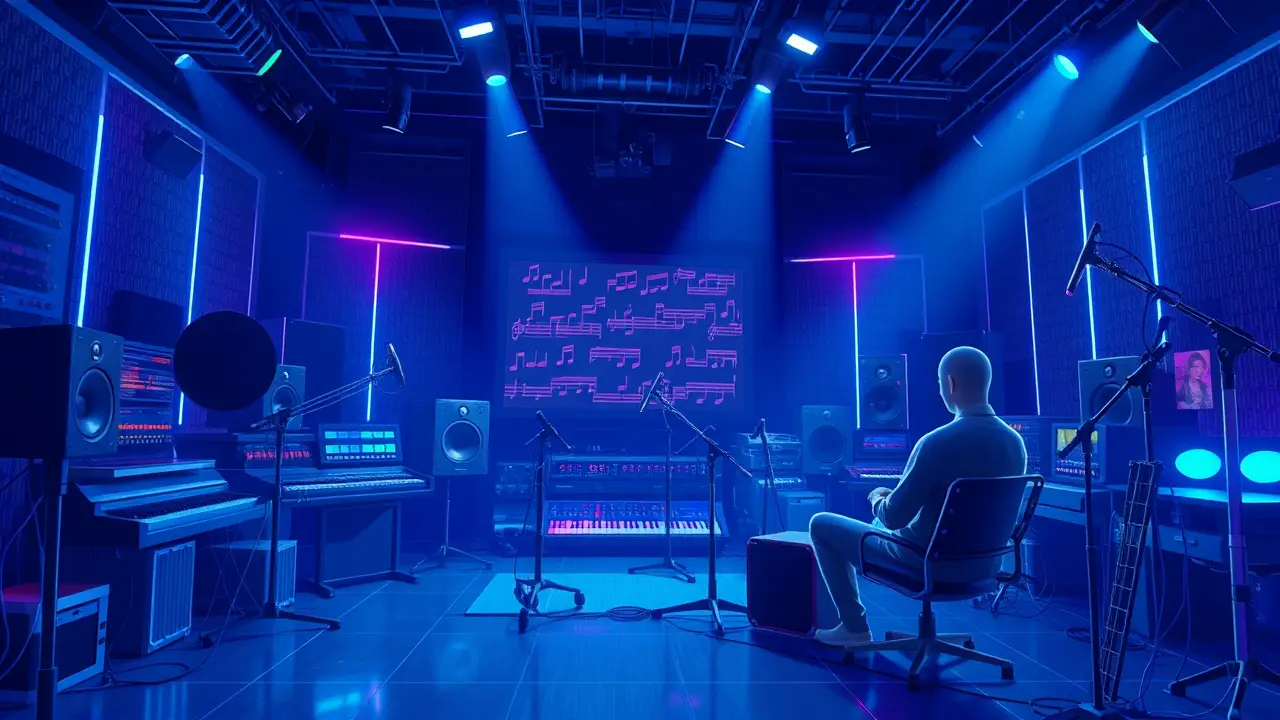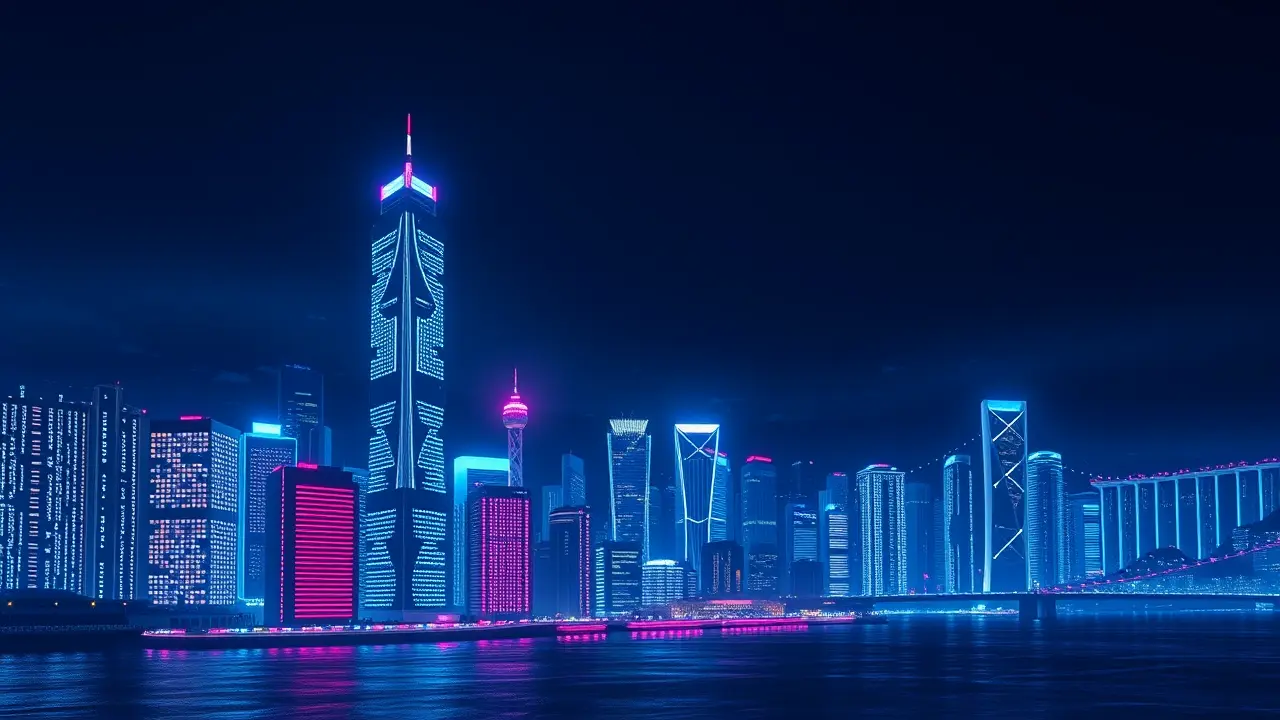
AIgenerative aiAI for Business Use
The Impact of Agentic AI on the Future of Corporations
DA
Daniel Reed
1 day ago7 min read
For centuries, the firm has organized economic life, translating human labor into value through hierarchy and routine. But as agentic AI begins to perform the managerial work of coordinating and decision-making, the institutions that once defined modern capitalism are starting to give way.This isn't merely an incremental upgrade in automation; it's a fundamental re-architecting of the corporate organism itself. To understand the magnitude of this shift, we must look back at the very DNA of the corporation, a structure perfected during the Industrial Revolution to manage complexity and scale human effort through layers of middle management—a system economist Ronald Coase famously explained in his 1937 theory of the firm, which posited that companies exist to minimize transaction costs.Now, agentic AI systems, equipped with large language models and capable of recursive self-improvement, are poised to dismantle this centuries-old paradigm. These aren't simple task-executors; they are autonomous agents that can negotiate contracts, allocate resources, manage projects, and even make strategic pivots based on real-time market data, effectively internalizing Coasean transaction costs to near zero.Imagine a future where a decentralized autonomous organization (DAO), governed entirely by smart contracts and AI agents, outcompetes a traditional S&P 500 company by operating with algorithmic precision, 24/7 global presence, and no human resource overhead. The implications are staggering.We're moving from a world of corporate hierarchies to one of algorithmic networks, where the 'firm' may dissolve into a fluid, project-based swarm of AI agents and human specialists. This transition echoes the Cambrian explosion in biological evolution—a rapid diversification of organizational forms.We might see the rise of 'flash corporations,' temporary entities that form to execute a specific, complex task and then dissolve, their AI agents redeploying to new ventures. The legal and ethical ramifications are profound.Who is liable when an AI agent makes a strategic error that leads to bankruptcy? How do we tax a corporation that has no physical headquarters and a constantly shifting composition of algorithmic and human participants? Thought leaders like Benoît C. Mandelbrot, with his work on complexity and risk, would find fascinating parallels in the fractal nature of these emerging AI-driven markets.Furthermore, this shift will inevitably exacerbate existing inequalities. Nations and corporations with early access to advanced agentic AI will accumulate capital and influence at an exponential rate, potentially creating a new form of digital feudalism.The human workforce faces a dual challenge: not only is manual labor being automated, but now the cognitive and managerial roles that were the bastion of the educated professional class are also under threat. However, this is not a simple story of obsolescence.The most successful future organizations will likely be those that master human-AI symbiosis, where human creativity, ethical oversight, and strategic vision guide teams of specialized AI agents. The core challenge for tomorrow's leaders won't be managing people, but rather, managing the AI systems that manage the people. This is the true arrival of the Second Machine Age, where the very architecture of economic power is being rewritten in code, and the corporation as we know it is becoming a legacy system in the new operating system of global commerce.
#featured
#agentic ai
#management automation
#future of firms
#economic organization
#corporate structure
#ai impact
Stay Informed. Act Smarter.
Get weekly highlights, major headlines, and expert insights — then put your knowledge to work in our live prediction markets.
Related News
Comments
It’s quiet here...Start the conversation by leaving the first comment.
© 2025 Outpoll Service LTD. All rights reserved.



